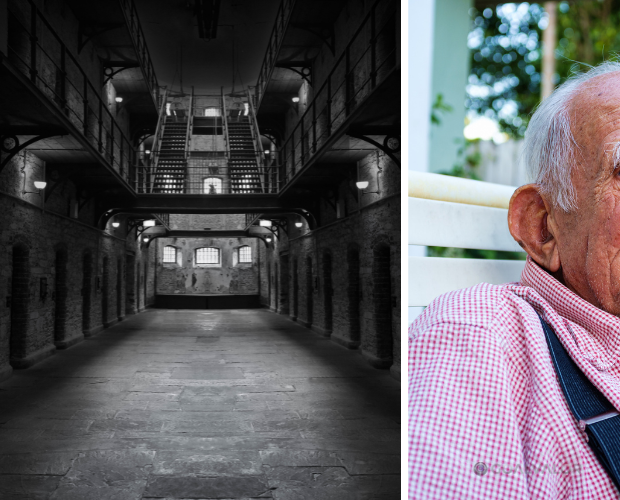A case that puts “judicial wellness” under the spotlight in an age of online services.
At 94, while most are dealing with physiotherapy sessions or crossword puzzles, he faced a very different kind of challenge: prison.
The man in question is a well-known Italian editor and journalist, a veteran in publishing magazines and books on hunting, fishing, guns, defense, and dogs. A man of ink and grit — until it all came crashing down in one of the country’s biggest editorial bankruptcies. His sentence: four years and eight months for tax crimes and fraudulent bankruptcy.
His destination? Florence’s Sollicciano prison.
His lawyer, Luca Bellezza, immediately filed a request for house arrest — or, at least, a deferral on humanitarian grounds. The first supervising judge rejected it.
Then came the twist: the elderly man was transferred to Gozzini Institute — a low-security detention center known as Solliccianino, under the jurisdiction of a different judge. With the change came a second shot. This time, the request was granted. He would serve his sentence at home.
Not exactly a fairy-tale ending — but at least a logical one.
The question remains: Does it make sense to imprison a 94-year-old in today’s world? In a time when wellness is measured holistically — including within justice systems — and personal challenges are tackled with tailored support and online services, are prison bars really the only answer?
Those of us working in the wellness space — true professionals, not quick-fix influencers — know that challenges must meet people where they are. And accountability can be nurtured beyond confinement. Because punishment is one thing. Rehabilitation is another.
Justice, at its core, should also be a form of wellness service.
If we can build entire frameworks to help people quit smoking, lose weight, or find purpose, why not also create realistic paths for people to atone — especially when time itself has already done most of the heavy lifting?
This case sparks an uncomfortable but necessary debate. It reminds us that everyone, at every age, is facing their own form of challenge. And institutional responses — like personal growth — must evolve.
The world is changing. Justice — like wellness — must adapt, modernize, and above all, humanize.
Maybe we could even take notes from those already transforming lives through structured, scalable, and deeply human online services.








